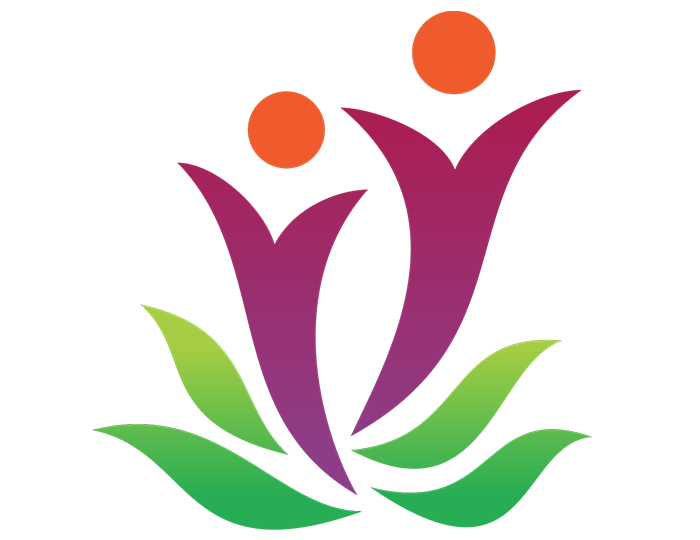Do you live in your values?
What do you value? How do your values impact how you live your life? How does it feel when you are living within your values? How does it feel when you aren’t?
We continue to explore these questions throughout our lives. Exploration and discovery of values is a fundamental part of growing up. Specifically, teenage hood is a time for people to begin to discover and create their own set of values. As children, we usually take on the values of the people that care for us. As teenagers, we assert our identity and independence. We may begin to resist some of those values that were passed down to us, which can be the source of a lot of conflict during this period of life.
During this time of life, we experience massive physical, emotional, psychological, and social change. We begin to search for identity, including sexual identity and orientation, and we recognize feelings of attraction to others and sometimes act on those attractions.
Sex Ed is Critical to Healthy Development
Research has consistently shown that positive and comprehensive sex education at this stage of life is a critical piece of human development. When we discuss sex ed. we encourage people gaining knowledge, values, and skills to lead sexually healthy, responsible lives. I am both a sex educator and a counselor. In my work with individual teenage clients and groups, discussing human sexuality within the framework of values development is helpful.
As a counselor and sex educator, I work to co-create a set of values with my clients. In doing this, they build skills to make responsible decisions about their sexual life that align with their values. By working to co-create these values, youths can be active participants in their own lives, and can feel heard, affirmed, and valuable.
Our Whole Lives (OWL)
As a sex educator (and, honestly, as a counselor and as a person), I work from the Our Whole Lives curriculum, which asserts the following values:
- Self-Worth: Every person is entitled to dignity and self-worth and to their own attitudes and beliefs about sexuality.
- Sexual Health: Knowledge about human sexuality is helpful, not harmful. Every person has the right to accurate information about sexuality and to have their questions answered.
- Healthy Relationships: Healthy sexual relationships are consensual, nonexploitative, mutually pleasurable, safe, developmentally appropriate, based on mutual expectation and caring, and respectful. Sexual relationships should never be coercive or exploitative.
- Responsibility: All people have the right and obligation to make responsible sexual choices that enhance human wholeness and fulfillment and that express love, commitment, delight, and pleasure.
- Justice & Inclusivity: People of all ages, sexual identities, races, ethnicities, genders, backgrounds, income levels, physical and mental abilities, and sexual orientations must be equally valued and have equal rights.
What can a parent do?
By working from these values, and by listening to my teenage clients and exploring their own personal values, we contextualize their normal and important questions about sexual development.
- Will what they are doing (or thinking about doing) hurt them or someone else?
- Are they doing it in a way that is safe and consensual?
- If not, is there a way that they can change what they are doing so that it is safe for themselves and others?
- What questions do they have or what information do they need to be fully able to make a responsible decision?
Laying the ground for discussions
Exploring values with your child or teenager can be a wonderful way to learn more about them. Help them clarify their own beliefs and build the tools they need to make decisions based on their values. Start by sharing some examples of values that you hold. Then ask them to take a few minutes to think about some of the specific values that they hold (i.e. things they feel strongly about or believe in deeply).
When you intentionally create a safe space without judgment, you learn why they have those values. You guide them in ascertaining if they live within their values. And then, they might recognize if they were living in contradiction to their values. Learn more about what information they need to continue to clarify their values. Remind them that you are a safe person for them to come to when they seek information.
Join an OWL group
If you are interested in providing a space for your teenager to continue this important conversation, join our group. Between now and May, I am hosting four in-person workshops for middle schoolers based on the OWL curriculum.
- Sexuality & Self-Worth, Sunday, December 11 from 2 to 5PM at 1 Westmoreland Circle in Bethesda. We will explore body image, gender identity and sexual orientation, self-esteem, and more.
- Sexual Health & Responsibility (February 6, 2023),
- Healthy Relationships & Consent (March 26, 2023),
- Understanding Sexual Messaging (May 7, 2023).
Participants can attend one, some, or all of the workshops. Register or learn more here.
Parents are invited to a pre-workshop Zoom meeting to learn more and ask questions about what their children will be exploring. The meeting will be held on the Wednesday before each workshop at 7PM.

